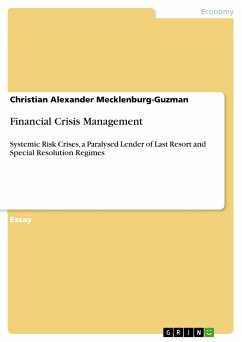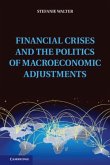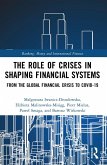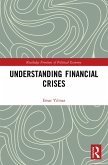Faced with a systemic financial sector crisis, policymakers need to make difficult choices under pressure. Based on the experience of many countries in recent years, few have been able to achieve a speedy, lasting and low-cost resolution. This volume considers the strengths and weaknesses of the various policy options, covering both microeconomic (including recapitalization of banks, bank closures, subsidies for distressed borrowers, capital adequacy rules and corporate governance and bankruptcy law requirements) and macroeconomic (including monetary and fiscal policy) dimensions. The contributors explore the important but little understood trade-offs that are involved, such as between policies which take effect quickly, those which minimize long-term fiscal and economic costs, and those which create favorable incentives for future stability. Successfully implementing crisis management and crisis resolution policy required attention to detail and a good flow of information.
Dieser Download kann aus rechtlichen Gründen nur mit Rechnungsadresse in A, B, BG, CY, CZ, D, DK, EW, E, FIN, F, GR, HR, H, IRL, I, LT, L, LR, M, NL, PL, P, R, S, SLO, SK ausgeliefert werden.









